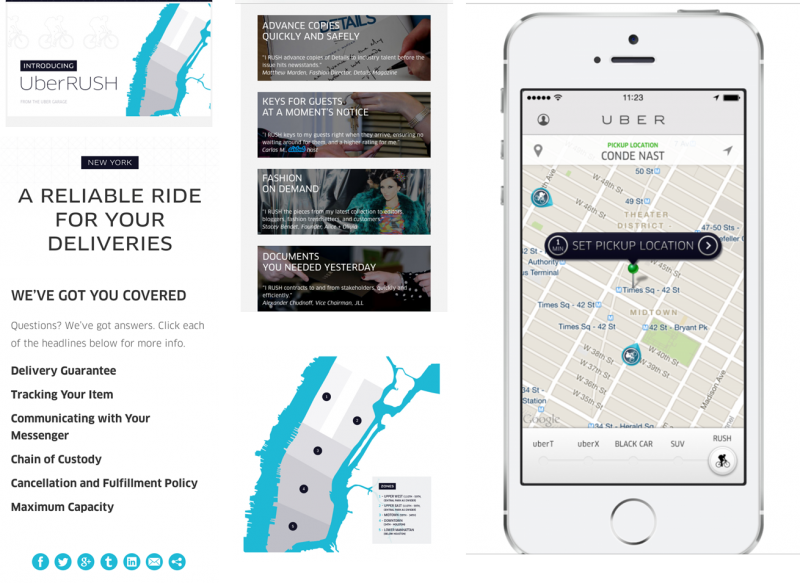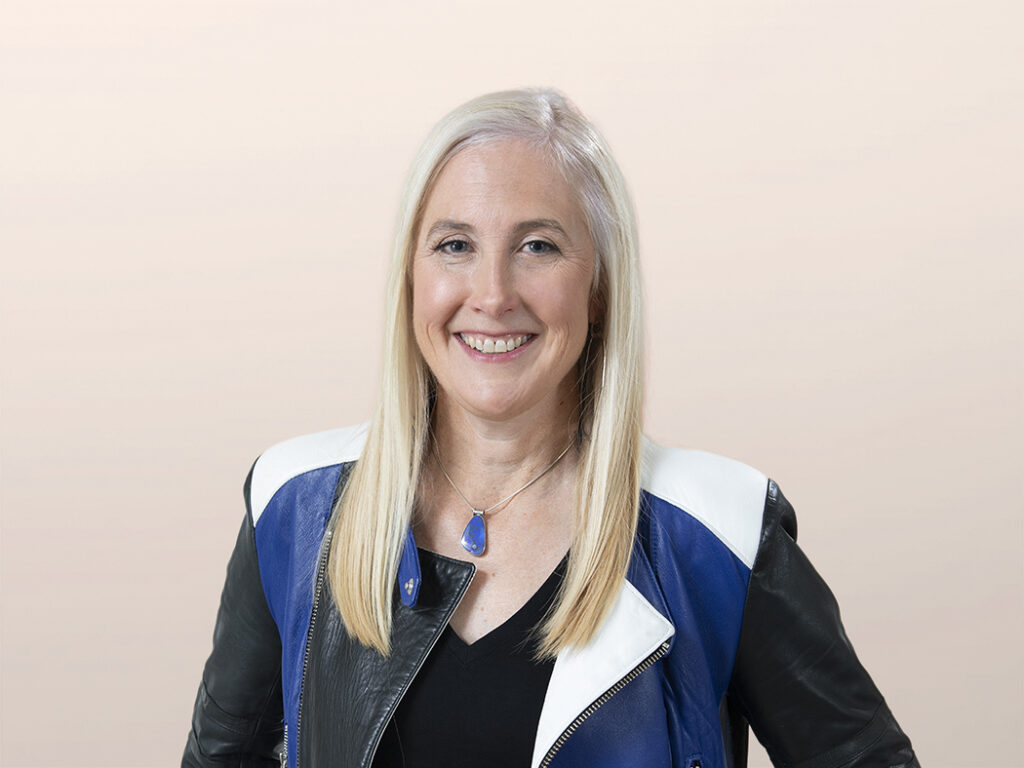New Mobile Business Models: Uber Finally Opens Its Kimono – A Little, With Uber Rush
It was just a matter of time. They started with taking people from point A to point B. They gave us some glimpses of what might come by dropping off ice cream and litters of kittens. Uber became (and continues to become) incredibly efficient by matching supply and demand, all from the mobile device. How successful? A valuation of $3.4B back in August 2013.
Some may argue (and I got this question yesterday from a journalist) "they could have done this without mobile services." I disagree. Mobile has added a level of convenience and improved the customer experience dramatically. Convenience. Convenience. Convenience. Uber has embraced what we call the mobile mind shift and is expertly serving customers in their mobile moments – a concept explored in depth in our upcoming book.
Uber (and similar services) have grown the overall business for private car transportation. What are they cannibalizing? I haven't done this analysis, but for me – I drive less and spend a lot less on parking. Do I spend more on Uber than I would have on parking? Probably, but they are so enjoyable to do business with. (See our customer experience framework).
– Mobile phones (subsidized) are relatively cheap – or at least affordable as a cost of doing business for your typical driver. Dedicated hardware isn't.
– A mobile app for the drivers (and now cyclists) pinpoints exact pick-up locations PLUS shows the hotspots for demand based on time of day, location, weather, holidays, local events, and probably a hundred other factors. There is no other way to communicate easily to drivers where they should wait to pick up rides.
– Mobile apps offer transparency to customers – where is my ride? And now, where is my package? If you need a computer screen of sorts to track progress, it's not practical or convenient for consumers on the go, say standing outside of a restaurant downtown.
– Mobile apps offer us a means of payment without pulling out our wallets.
– Mobile phones communicated current pricing as it flexes with demand. Sure, computers could do this or a phone call to an IVR, but not as easily or conveniently as a mobile phone app.
The question for eBusiness professionals is, "how will mobile disrupt my business model, my products, my pricing?"
Here are a few early ideas in my recent report, "mHealth Illustrates New Business Opportunities". Or tune into my upcoming webinar for a discussion: "New Mobile Business Models: What mHealth Teaches Us" – register here.
Uber Rush's details:

